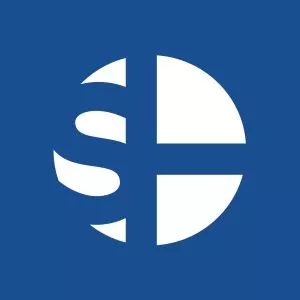- within Finance and Banking topic(s)
- in European Union
- with readers working within the Banking & Credit industries
The Ministry of Financial Services and Commerce has released a consultation paper and draft Tax Information Authority (International Tax Compliance) (Crypto-Asset Reporting Framework) Regulations, 2025 ("CARF Regulations") for industry feedback.
The CARF Regulations will implement the OECD's Crypto-Asset Reporting Framework ("CARF") into Cayman law, establishing a domestic legal framework for the automatic exchange of tax information relating to crypto-assets in line with international standards. This initiative complements the existing Common Reporting Standard (CRS) regime and reflects Cayman's commitment to global tax transparency and anti-money laundering efforts.
CARF is designed to address the challenges posed by crypto-assets, which can be transferred or held without traditional intermediaries, reducing regulatory visibility. Under the draft Regulations, relevant crypto-asset service providers – including exchanges, brokers, and dealers – will be required to:
- Register with the Cayman Islands Monetary Authority (CIMA);
- Maintain written compliance procedures, including collecting and verifying tax residency self-certifications;
- Register and report annually, via the DITC portal, aggregate information on transactions by type of crypto-asset and transaction; and
- Retain records for at least six years.
The Regulations also introduce offences, penalties (up to US$60,000), and compliance measures to ensure robust enforcement. They are scheduled to take effect on 1 January 2026, enabling the Cayman Islands to commence CARF exchanges in 2027, in line with commitments made in the November 2023 joint statement with 48 jurisdictions.
The Ministry invites feedback by 15 September 2025.
Originally published 18 August 2025.
The content of this article is intended to provide a general guide to the subject matter. Specialist advice should be sought about your specific circumstances.
[View Source]

